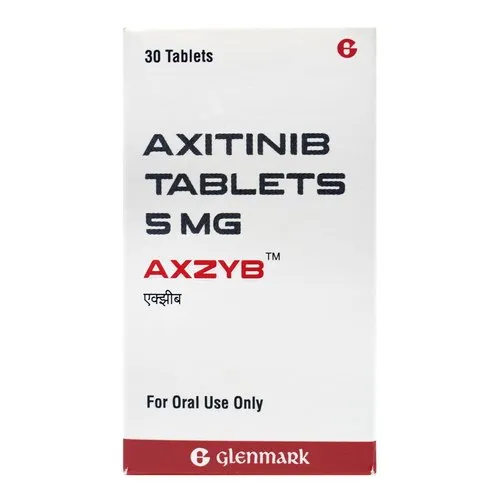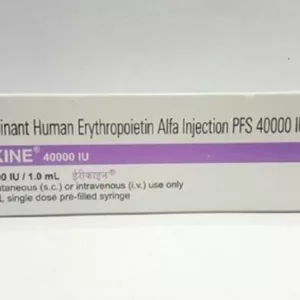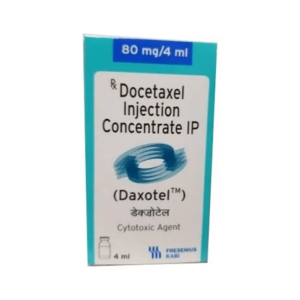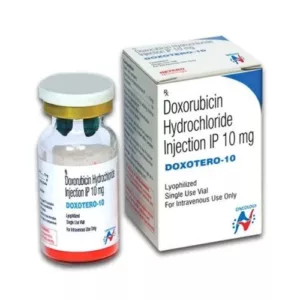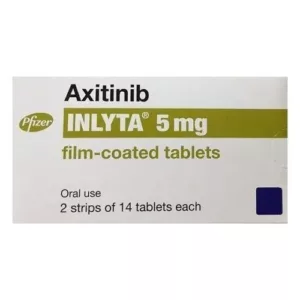Axzyb Tablet can be taken with or without food, but try to have it at the same time every day to get the most benefits. Your doctor will decide what dose is necessary and how often you need to take it. This will depend on what you are being treated for and may change from time to time. You should take it exactly as your doctor has advised. Taking it in the wrong way or taking too much can cause very serious side effects. It may take several weeks or months for you to see or feel the benefits but do not stop taking it unless your doctor tells you to.
The most common side effects of this medicine include high blood pressure, joint pain, and loss of appetite. Diarrhea, shortness of breath, can be serious sometimes so take medicine to treat it as prescribed by the doctor or stay hydrated. Your doctor may advise for regular blood pressure checkups while you are taking this medicine. Inform your doctor if you notice a severe headache, confusion, problems with your eyesight, nausea or vomiting.
Before taking it, tell your doctor if you have thyroid problems, liver or bleeding problems or are taking any medicines to treat infections. Many other medicines can affect, or be affected by, this medicine so let your healthcare team know all medications you are using. This medicine is not recommended during pregnancy or while breastfeeding. The use of effective contraception by females during treatment is important to avoid pregnancy.
USES OF AXZYB TABLET
BENEFITS OF AXZYB TABLET
In Kidney cancer
SIDE EFFECTS OF AXZYB TABLET
Common side effects of Axzyb
- High blood pressure
- Joint pain
- Loss of appetite
- Diarrhea
- Breathing problems
- Abdominal pain
- Constipation
- Cough
- Decreased appetite
- Decreased level of thyroid hormones
- Difficulty in speaking
- Dry skin
- Indigestion
- Headache
- Nausea
- Pain in extremities
- Painful blisters on hands and feet
- Protein in urine
- Rash
- Breathlessness
- Stomatitis (Inflammation of the mouth)
- Taste change
- Vomiting
HOW TO USE AXZYB TABLET
HOW AXZYB TABLET WORKS
SAFETY ADVICE

Alcohol

Pregnancy

Breast feeding

Driving

Kidney

Liver
